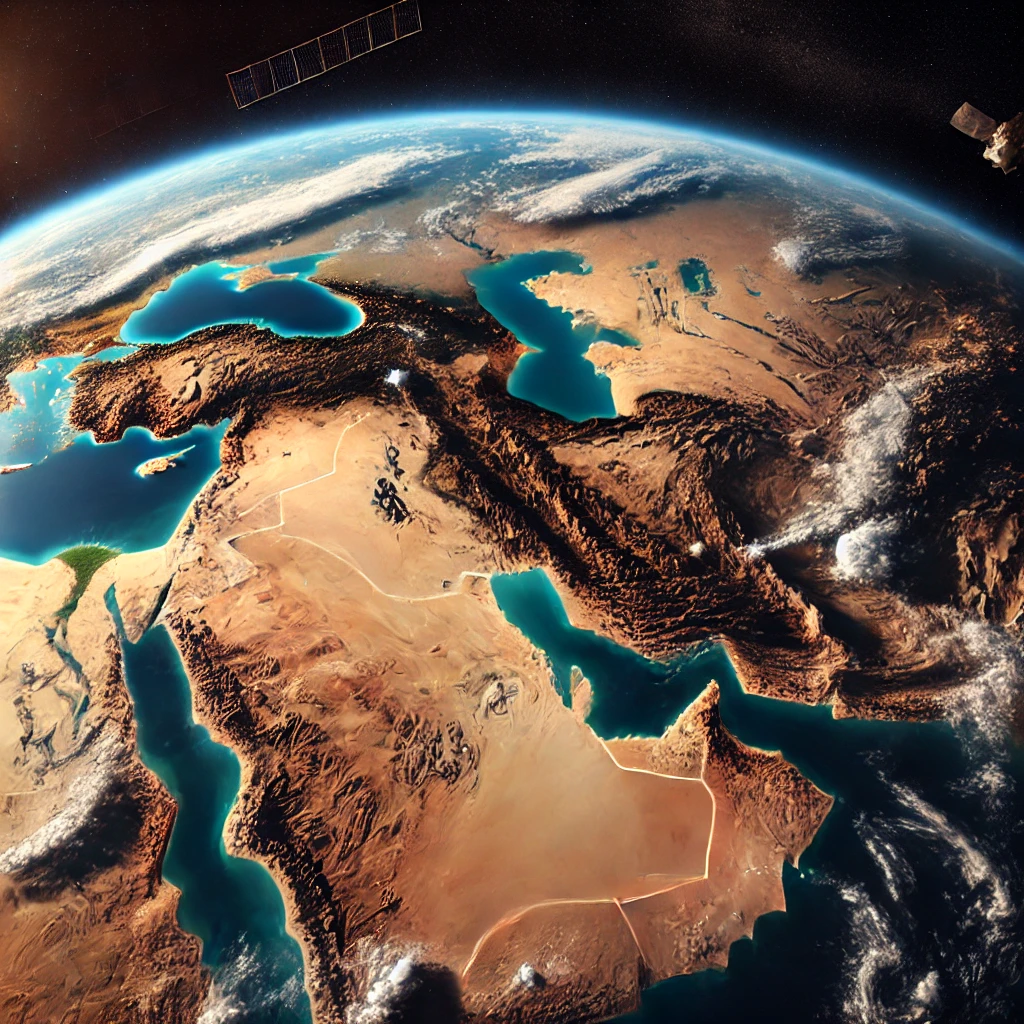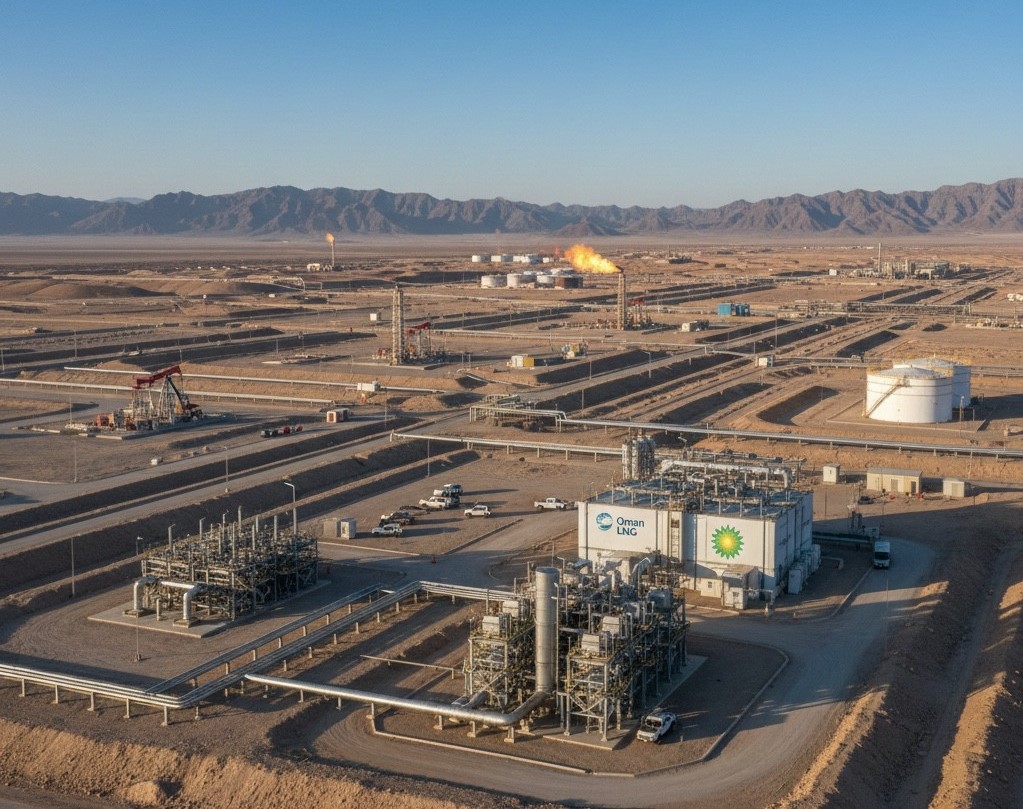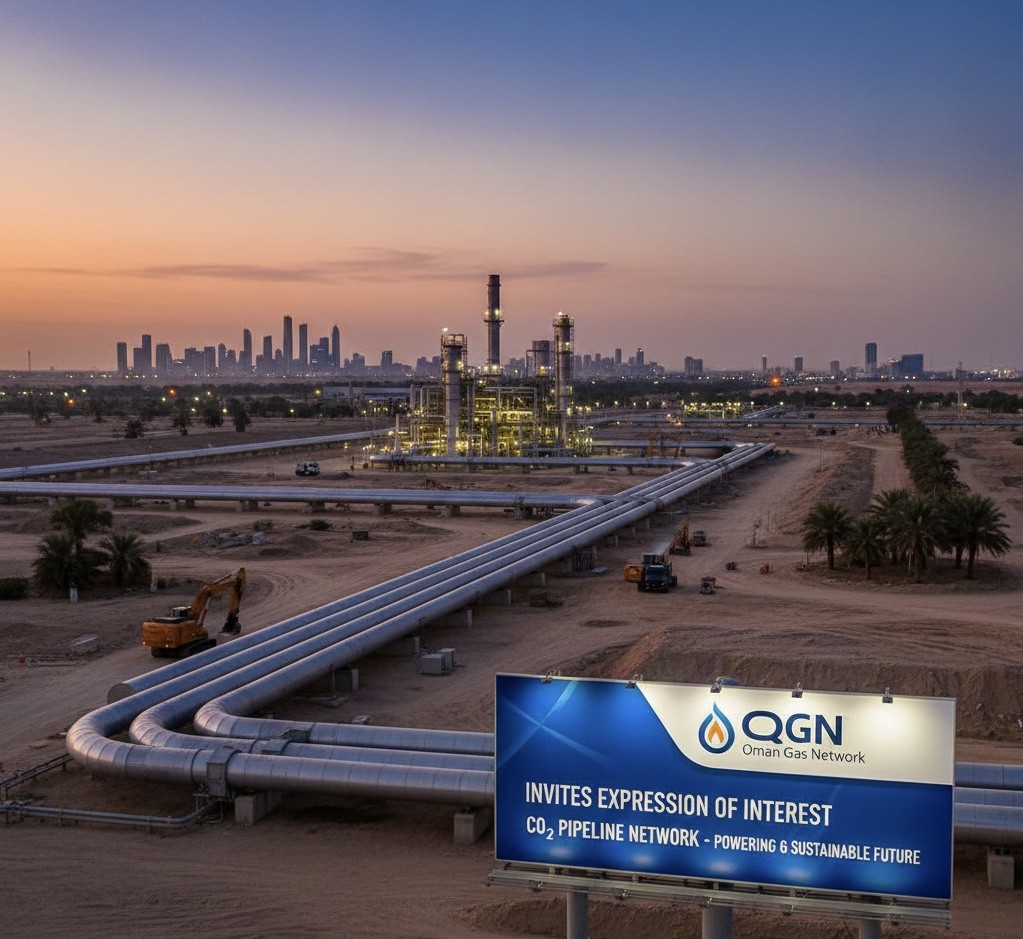The Gulf Cooperation Council (GCC) countries are witnessing significant developments in their energy pipeline infrastructure as part of a broader strategy to integrate renewable energy and diversify their economies. These advancements, particularly in natural gas and hydrogen pipelines, reflect a regional shift towards cleaner energy sources while maintaining energy security.
Saudi Arabia: Expanding Natural Gas Infrastructure
Saudi Arabia is making substantial investments in expanding its natural gas pipeline network. The country’s strategy involves not only increasing domestic gas production to reduce reliance on oil for electricity generation but also enhancing its export capacity to meet global energy demands. The expansion includes developing new pipelines to transport gas from offshore and onshore fields to processing facilities and export terminals. This move is part of Saudi Arabia’s broader Vision 2030 plan, which aims to diversify the economy and reduce the nation’s carbon footprint by transitioning to more sustainable energy sources.
One of the significant projects under this initiative is the ongoing development of the Jafurah gas field, which is expected to be one of the largest unconventional gas fields in the world. The pipeline infrastructure associated with Jafurah is crucial for transporting the anticipated 2 billion cubic feet per day of gas production, supporting both domestic consumption and exports.
UAE: Advancing Hydrogen Pipeline Projects
The United Arab Emirates (UAE) is taking a leading role in the development of hydrogen pipeline infrastructure. Hydrogen is seen as a key component of the UAE’s strategy to become a global hub for renewable energy and green technology. The country has already launched several pilot projects and is now focusing on scaling up its hydrogen production and distribution capabilities.
The UAE’s strategy involves building dedicated hydrogen pipelines that can transport both green hydrogen (produced from renewable energy sources) and blue hydrogen (produced from natural gas with carbon capture). These pipelines are expected to link production sites with industrial hubs and export terminals, facilitating the UAE’s goal of becoming a major hydrogen exporter.
In addition to hydrogen, the UAE is also investing in infrastructure to support the integration of renewable energy sources into the existing pipeline network. This includes upgrading and expanding pipelines to accommodate the transportation of biofuels and other sustainable energy products, ensuring that the country remains at the forefront of the global energy transition.
Regional Cooperation and Technological Innovation
The GCC countries are also exploring opportunities for regional cooperation in pipeline development. Joint projects, such as the Dolphin Gas Project, which connects Qatar, the UAE, and Oman, serve as models for future collaborations. These initiatives aim to create a more integrated and resilient energy network across the Gulf region, enhancing energy security and supporting the transition to a low-carbon economy.
Technological innovation is playing a crucial role in these developments. The GCC countries are adopting advanced pipeline technologies, such as smart sensors and digital monitoring systems, to enhance the safety, efficiency, and environmental performance of their pipeline networks. These technologies enable real-time monitoring of pipeline conditions, early detection of leaks or anomalies, and predictive maintenance, reducing the risk of disruptions and environmental damage.
Renewable Energy Integration and Future Prospects
As the GCC countries continue to invest in renewable energy, there is a growing focus on integrating these sources into the existing pipeline infrastructure. This integration is essential for ensuring that renewable energy can be efficiently transported and utilized within the region, supporting the GCC’s ambitious sustainability targets.
The UAE, in particular, has made significant strides in renewable energy, with solar power projects such as the Mohammed bin Rashid Al Maktoum Solar Park and the Barakah Nuclear Energy Plant contributing to the country’s energy mix. The challenge now is to develop pipeline infrastructure that can accommodate the diverse energy products generated from these renewable sources.
Looking ahead, the GCC’s pipeline infrastructure will play a pivotal role in the global energy transition. With continued investments in natural gas, hydrogen, and renewable energy, the region is well-positioned to maintain its status as a major energy supplier while reducing its carbon footprint and contributing to global climate goals.





